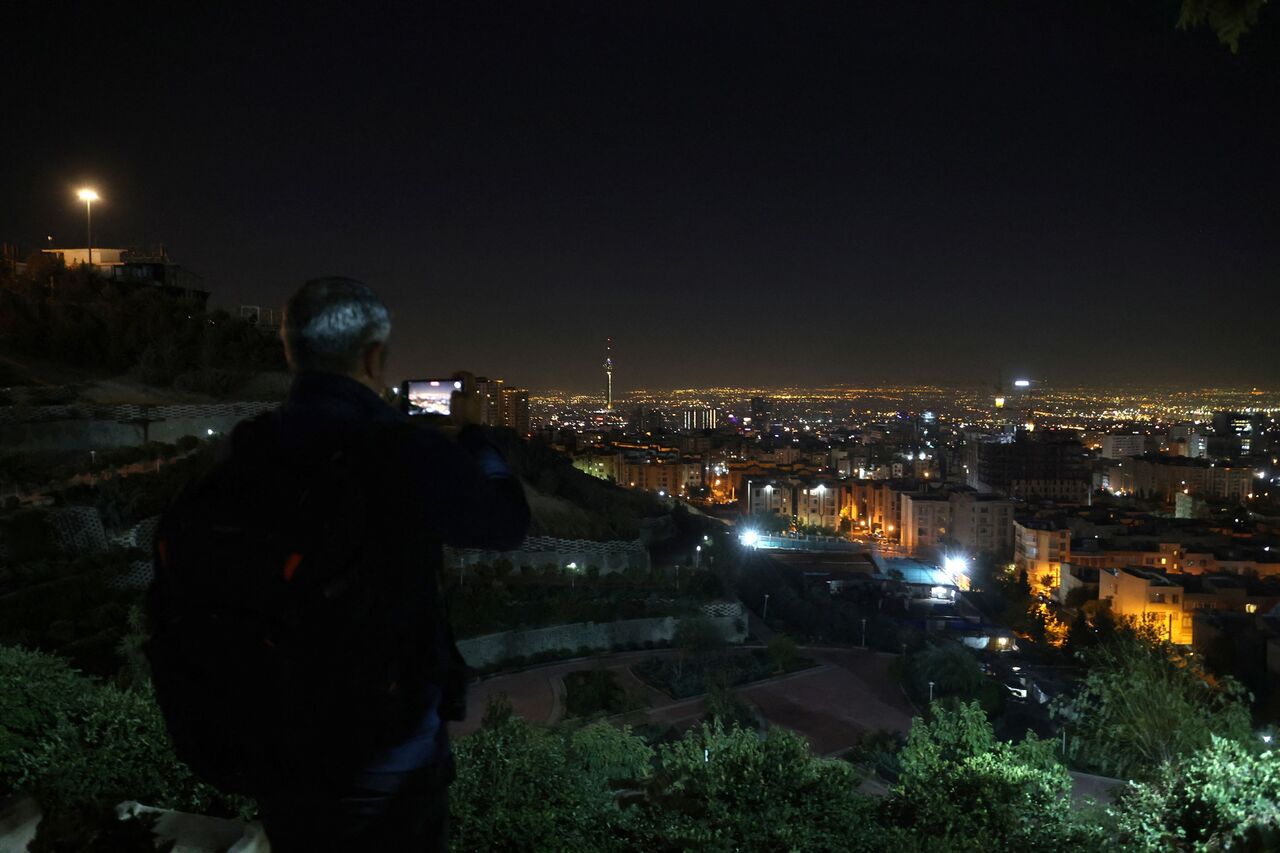However, Israeli sources claimed the attack as "precise" and "successful." Time of Israel, citing intelligence sources, claimed: "We managed to disable Iran's air defense completely, and this is a clear message that Israel has the necessary freedom of action in Iran's airspace. Iran's possible response to Israel will give Tel Aviv the legitimacy to consider other types of targets in Iran for attack."
Given the gap between the official Iranian reports and the Israel media claims about the Israeli attacks, a question presents itself: Has the Netanyahu government managed to realize the aims it set for the attack?
What were Tel Aviv's aims and how much were they realized?
Since the Israeli regime has suffered heavy defeats in the Gaza Strip and Lebanon over the past one year, it sought to advertise the attack on Iran as a feat for Tel Aviv and use it to score more points in any future negotiations. But the reality is that the Israeli army is helpless against the Lebanese Hezbollah these days, and the plan to assassinate the commanders has not weakened this movement, and as the conflicts continue, the occupied territories grow more and more insecure.
Netanyahu thought that by carrying out this attack, the Islamic Republic would walk back from its positions and be forced to pressure Hezbollah into a ceasefire with Tel Aviv to allow the displaced Israelis of the north to return home, but the Israeli attack made Iran determined to respond more powerfully in the future. Actually not only did it not bring security to the Israeli occupation, but also this time the settlers have to continue their daily lives under the fear of Iranian missiles.
Israel's true weight and power now clear to all
The Israeli leaders, who over the past year have made limited gains thanks to their powerful military equipment and advanced technologies, thought that they can achieve goals against Iran using the same experience. But the type of the attack on Iran with regard to the Israeli propaganda before the attack disclosed the true power of Israel. In other words, this operation showed that Israel has nothing to boast of in confrontation of such a big power as Iran.
Netanyahu dreamed of attacking Iranian oil and nuclear sites, and after Hezbollah's attack on his residence on October 19, he even threatened to strike residences of top Iranian officials. But at the end of the road, he only launched limited attacks on military sites.
The heavy shadow of the Iranian missile strikes of Operation True Promise II was felt on the Israeli attack. In other words, this operation, which was carried out on October 1, transformed the deterrence in favor of Iran-led Axis of Resistance, as Tehran officials had warned that in case of new Israeli adventure, they will carry out another powerful attack on the occupied territories, and according to the security authorities, the legitimate right to respond to this crime is reserved. Experts suggest that dealing the final blow on the body of the Israeli regime in a third Iranian operation will force Netanyahu's government to return to the negotiating table with Hezbollah and Hamas.
On the other hand, Netanyahu intended to boost unity in the occupied territories, but his critics and opposition, and even like-minded people, described his action a disappointment. The social and official media in Israel are ablaze with criticism, with some mocking the attack.
Strengthening national Iranian unity
Netanyahu believed that this attack will cause division between the Iranian government and people, and this will provide Tel Aviv an atmosphere of insecurity inside Iran the Israelis can take advantage of. But the type of the Iranian people's reaction to the Israeli attack showed that this belligerent action united Iranian society, rather than dividing it. Even many critics of the government showed that at the time of threats to national sovereignty, they are united with the Islamic Republic and do not allow foreigners to make decisions for them.
The peace of the public in the streets and the indifference to the attacks indicated that Netanyahu missed his aim, and the people of Iran, unlike the Israeli settlers who fled to the shelter when they heard the sound of the sirens, on the rooftops watched and filmed air defenses effectively intercepting Israeli projectiles.
Additionally, Netanyahu, who at the beginning of war had
managed to garner international support to some degree, now is seeing
his supporters dispersed as he steps up crimes in Gaza and Lebanon.
Actually, the condemnation of Israel by Muslim and Arab countries, as
well as Switzerland, for violation of Iranian territorial sovereignty
demonstrated that Netanyahu lost everything to Tehran.
/129

